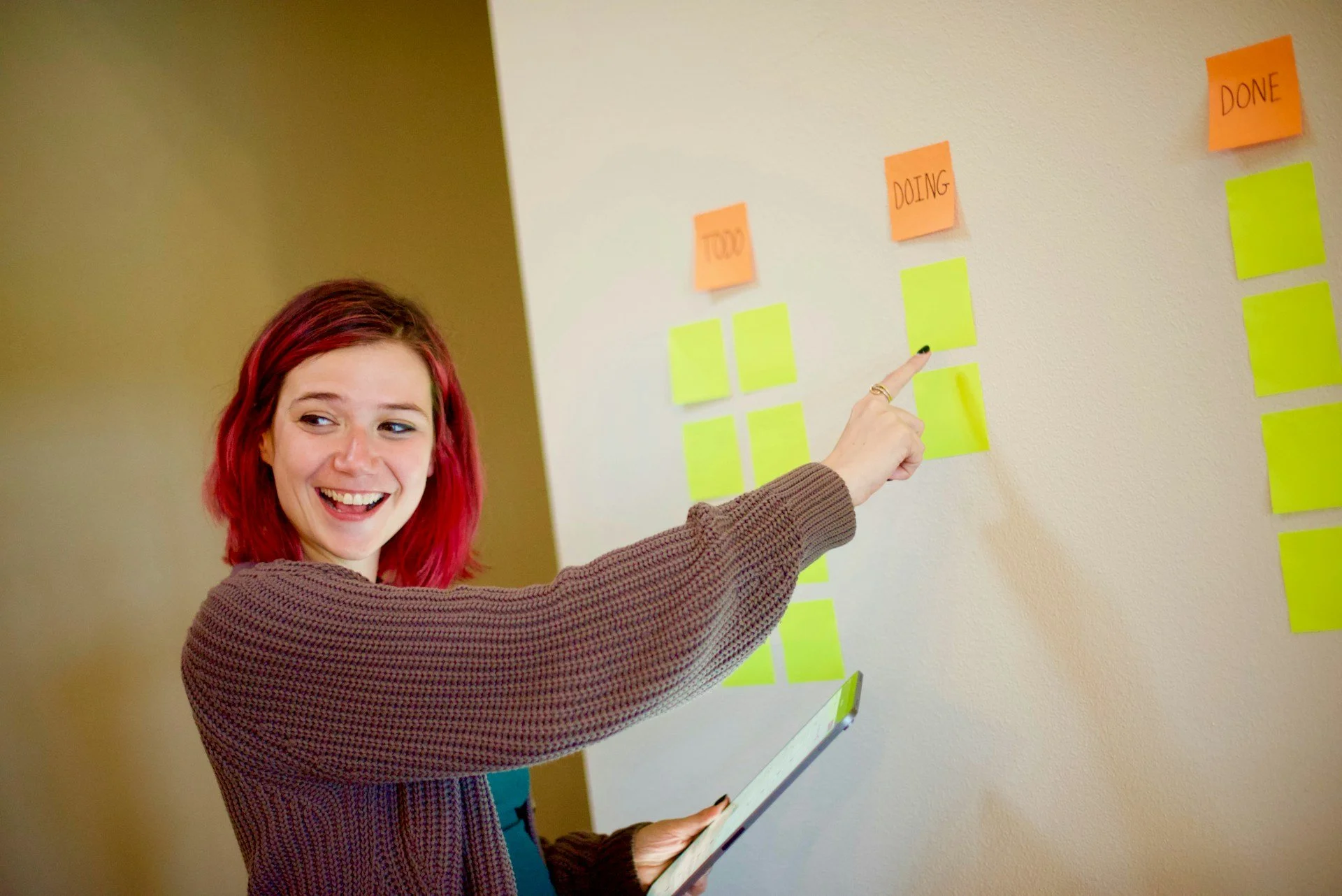Healthcare: What training does your clinical team need?
Healthcare is constantly evolving and with new technologies, updated regulations and shifting expectations from patients, ongoing training is not just something that's nice to have. In fact, it's now essential.
Photo credit: Yusuf Timur Çelik, Pexels
While innovations like an AI medical scribe for all clinicians can ease admin burdens, real efficiency and quality of care come from a well prepared, well trained clinical team that can work cohesively. So what kind of training does your team actually need? Let's take a look at some core areas where clinical training makes the biggest impact.
Clinical and technical skills
This might sound obvious on the surface, but keeping clinical knowledge current is a foundational need for any clinician. Whether your team includes nurses, physician assistants, or other healthcare professionals, regular training in updated clinical guidelines, procedures, and medical technologies is critical.
Continuing education courses, hands-on workshops and cross training can help staff to stay up to date with the best practices while reducing the risk of medical error. Anytime you introduce a new procedure or a diagnostic tool, you need to make sure you pair it with in-depth training to ensure safe and effective use. Even small updates and clinical protocols require time and education to be properly implemented.
Compliance and regulatory training
Healthcare is one area that is heavily regulated and non compliance can result in legal and financial consequences. OSHA safety protocols, infection control, billing compliance, and HIPAA regulations are just a few of the areas that your clinical team should be well versed in. This isn't one and done material, it should be reviewed regularly as laws and industry standards change. Using short, engaging training modules or annual certification programs, you can keep this critical knowledge top of mind without overwhelming your team.
Communication and patient interaction
Great clinical care is about so much more than just medical expertise. To be effective, you must also build trust and communication with your patients. Empathy, active listening, and clear communication are all soft skills that are key to positive outcomes and patient satisfaction. With the investment in training around patient communication, particularly for complex cases, your clinicians will be better equipped to navigate conversations about treatment plans and emotional support. This is especially important in today's fast-paced environment where time with each patient may be limited.
Teamwork and collaboration
Healthcare is a team sport. There are physicians and nurses, admin teams and cleaners, and everyone must work together efficiently and respectfully. Training that focuses on teamwork, conflict resolution, and interdisciplinary collaboration improves workflows, reduces stress, and enhances overall care delivery.
Digital systems
We are increasingly relying on digital systems in healthcare. This means that your clinical team has to be comfortable using electronic health records, telehealth platforms, and other tools specific to your practice. Training in these areas will help to reduce errors, improve data security and save time.
When you choose to train your team, you're not just checking boxes, you're investing in your clinic success tools like an AI medical scribe can enhance workflow, but nothing replaces a knowledgeable, well trained team.





















